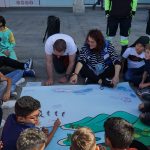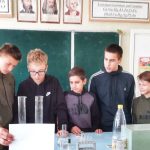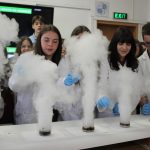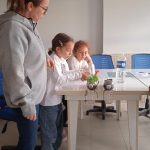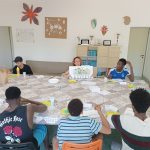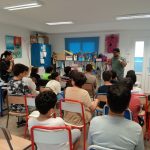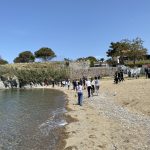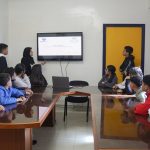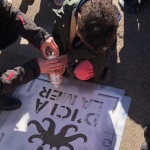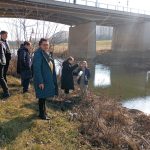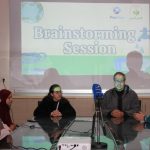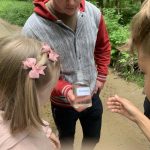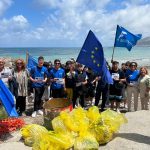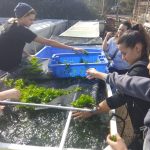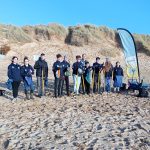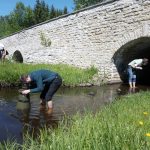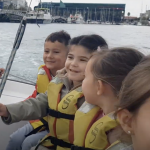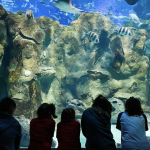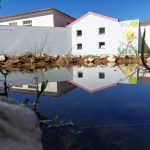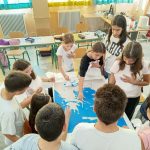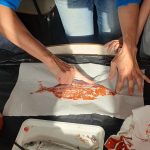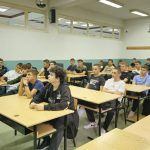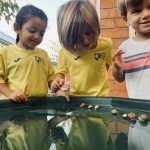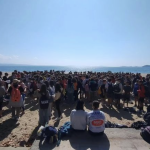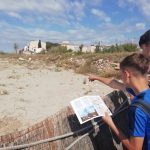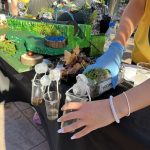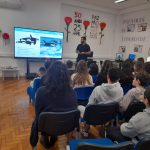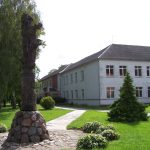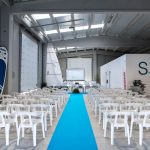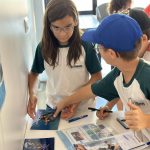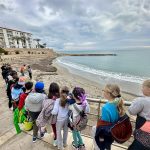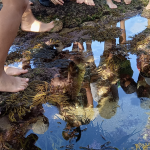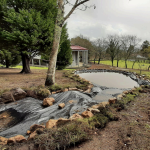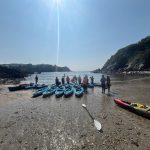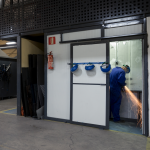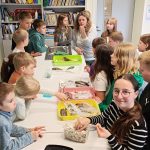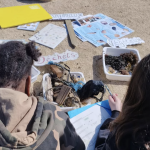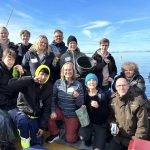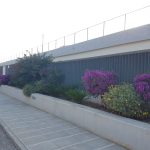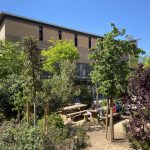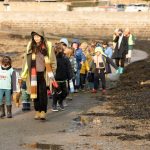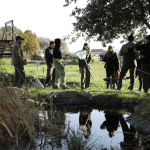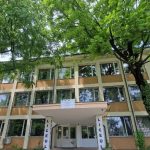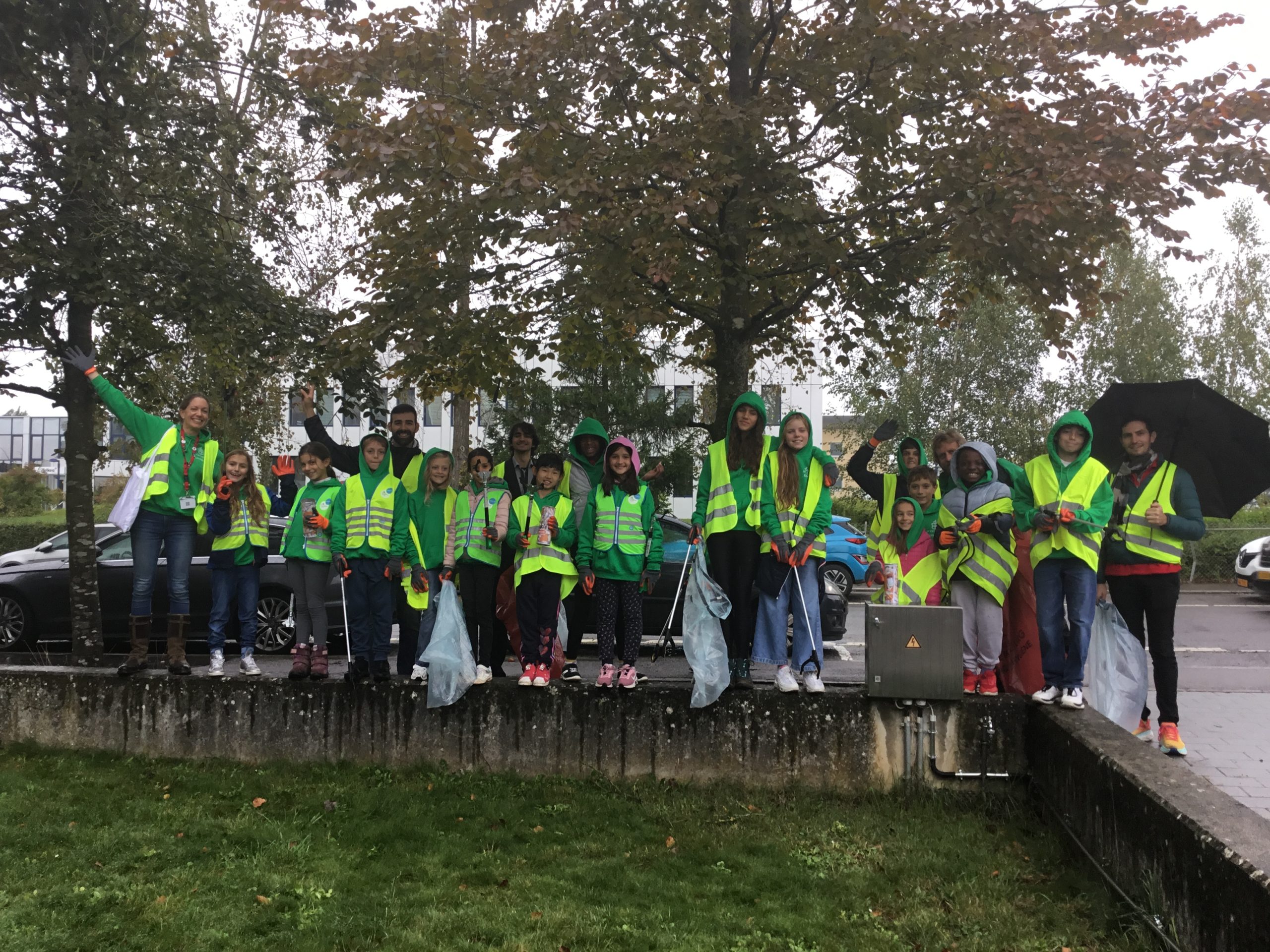
Hamm, Luxembourg
4th FUNDING CALL
Objectives
This project is designed to foster a sense of ownership and responsibility for ocean conservation within its community. The project is especially significant given Luxembourg’s landlocked location, which often limits direct engagement with marine environments. By focusing on the roles of “Ocean Gatekeepers,” the project will strengthen the school community’s connection to the ocean and encourage responsible actions regarding what is taken from and put into it.
The project’s main objectives are to:
- Establish the “Ocean Gatekeepers” role to build a connection with the ocean for people in a landlocked country and cultivate a sense of agency and action with a local and global impact.
- Engage the school community and local and global partners to take real-world action for ocean conservation.
- Create educational resources and an annual event for schools and NGOs to attend, ensuring a lasting legacy of improved ocean literacy.
- Achieve climate neutrality in line with the school’s Climate Pledge.
Activities
The project is structured around three key workstreams, each with a specific focus. The first is “Gatekeepers of ‘Ocean Output,'” which aims to improve ocean literacy about what we take from the ocean and raise awareness about ending destructive fishing practices. This workstream will concentrate on overfishing of krill, a crucial species for the ocean’s ecosystem. Activities will include:
- Running assemblies and workshops to share knowledge, with guest speakers from organizations like Sea Shepherd.
- Engaging students in a “Great Krill Investigation” to research krill consumption in the school and find krill-free alternatives.
- Organizing a student exchange with students in The Gambia to learn about the ocean’s resources and needs.
- A two-day trip to the Oostende Science Park in Belgium for 30 students to explore marine and maritime science.
The second workstream, “Gatekeepers of ‘Ocean Input,'” will focus on what we put into the ocean, specifically aiming to reduce plastic waste and microplastics. Activities will include:
- Launching a “Plastic Wave Pledge” where the entire school community will commit to reducing plastic.
- Using plastic recycling machinery to create items like “krill keychains” or “krill bead bracelets” from recycled plastic, with proceeds going to organizations such as Sea Shepherd Luxembourg and Precious Plastic Gambia.
- Collaborating with organizations like “Clean Something for Nothing” to track litter pickups and share knowledge with “Precious Plastic Gambia” on plastic recycling techniques.
The third workstream is the “Ocean Symposium,” a one-day event hosted by St. George’s to share the project’s resources with other schools and NGOs. The symposium will include guest speakers, interactive workshops, and an exhibition of student projects.
Outputs
Through these activities, the project is expected to produce a variety of tangible outputs, including:
- Educational materials such as lesson plans, slides, and booklets from the “Wave of Knowledge” and “Great Krill Investigation” activities.
- Videos documenting the project’s progress and the results of student investigations.
- A “how-to” guide on reducing and recycling plastic waste in schools.
- The symposium event plan and a review of the workshops with student feedback.
Impact and Collaborations
This project will involve 470 students directly and the entire student body of 880 indirectly. It will also involve collaboration with other schools, including six guest schools from Luxembourg and Germany who will attend the Ocean Symposium. The school is also partnering with numerous organizations, including Sea Shepherd Luxembourg, Precious Plastic Gambia, and the Luxembourg Ministry of the Environment, Climate and Sustainable Development, to ensure a broad and meaningful impact. The project’s materials and resources will be made available under a Creative Commons license (CC0) to encourage other schools and organizations to use them.



